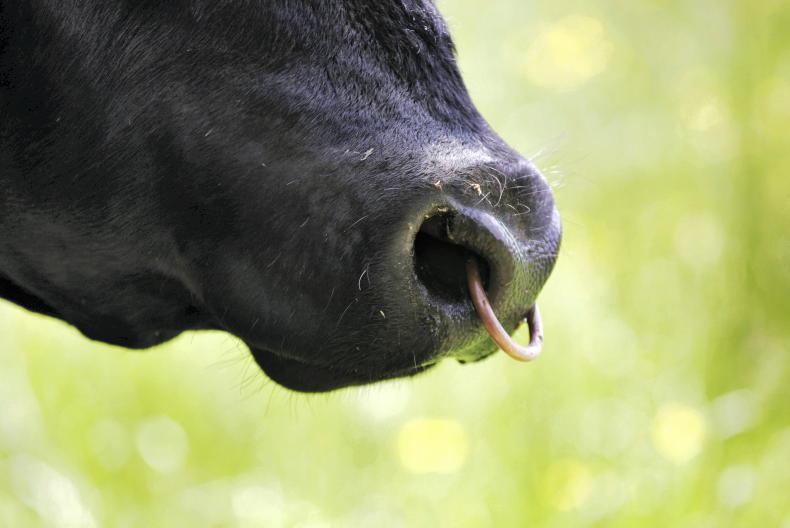A further case of bluetongue has been found by DAERA in a bull during active surveillance within the temporary control zone set up to monitor for the virus in northeast Kent.
The infected bull is to be culled to minimise the risk of transmission to other livestock.
To date, 36 infected animals have been recorded across 20 farms in England since the first case was found in early November 2023.
England, Scotland or Wales had not recorded a case of the virus since 2007.
The Department of Agriculture and Northern Ireland’s DAERA suspended cattle movements from the island to Britain to the island of Ireland in the wake of this November case.
Control zones
There are currently two temporary control zones in place in southeast England: one in northeast Kent and another around the town of Canterbury.
The Kent temporary control zone is not being extended in light of the case, but movement restrictions will continue to apply to livestock in the zone.
The original 10km zone established in November in northeast Kent had been extended in December following the discovery of more cases in in cattle and sheep there.
DAERA has stated that no evidence has emerged to suggest that the bluetongue virus is currently circulating in midges in Great Britain and surveillance will remain ongoing.






 This is a subscriber-only article
This is a subscriber-only article











SHARING OPTIONS: